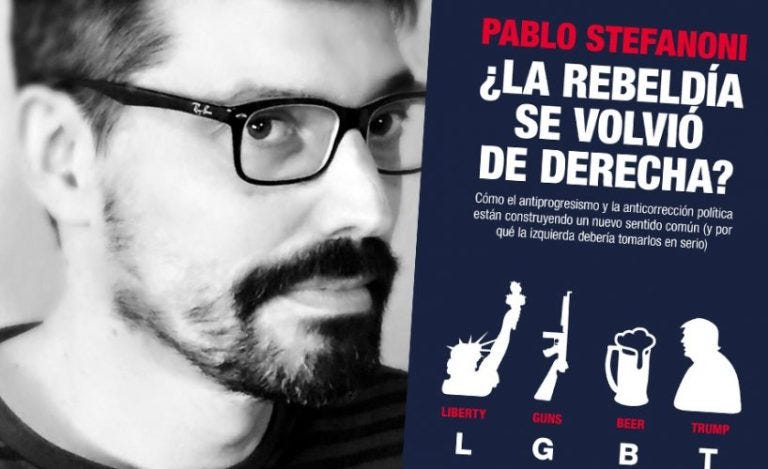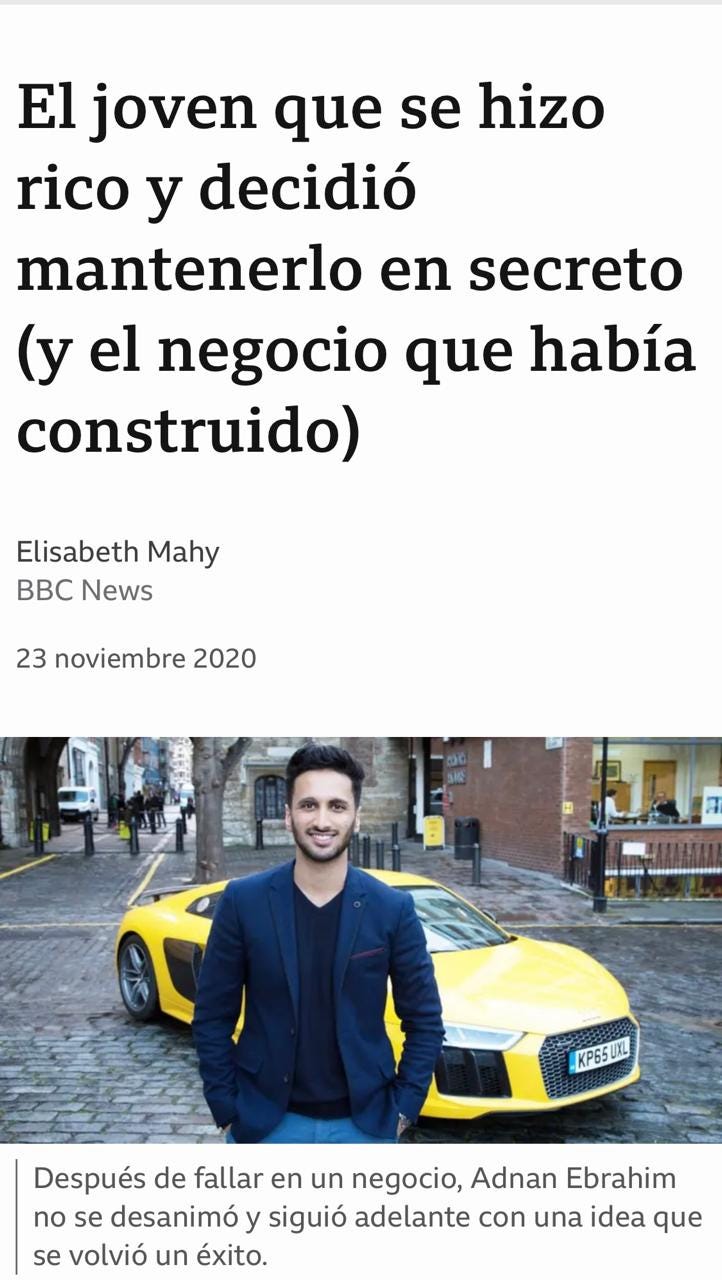¡Qué pregunta! De difícil respuesta si no conocemos el contexto porque “to become” se puede traducir de muchas maneras en español: ponerse, hacerse, volverse, quedarse, convertirse, llegar a ser.
¿Cómo se usan y cuál es la diferencia entre ellos?
What a question! It is difficult to answer without knowing the context because "to become" can be translated in many ways in Spanish: ponerse, hacerse, volverse, quedarse, convertirse, llegar a ser.
How are they used, and what is the difference between them?
Ponerse: se usa cuando hablamos de un cambio repentino, involuntario y temporal.
Algunos ejemplos son: ponerse colorado, ponerse triste, ponerse contento, ponerse nerviosa, ponerse pálido.
-Andrea se puso colorada cuando su amigo le dijo que le quedaba muy lindo el vestido.(Andrea turned red when her friend told her that the dress looked very nice on her.)
-Siempre me pongo contenta cuando Argentina hace un gol. (I always get happy when Argentina scores a goal.)
Volverse: lo usamos para hablar de un cambio involuntario pero permanente.
Ejemplos usados con volverse son: volverse loco, volverse paranoico, volverse agresivo, volverse pobre, volverse una persona “……..” (se volvió una persona muy posesiva).
-El Sr. Juarez tuvo problemas con un empleado que le robó dinero y se volvió paranoico, ahora no deja que nadie toque la caja. (Mr. Juarez had problems with an employee who stole money from him and became paranoid; now he doesn't let anyone touch the cash register.)
-Mi madre se volvió intolerante de anciana. (My mother became intolerant in her old age)
Hacerse: nos habla de un cambio “gradual” y “voluntario”, como “hacerse rico”. Se usa con cambios ideológicos (política, religión, etc).
Se hizo comunista, se hizo vegetariano, se hizo socialista. También “se hizo hincha de….”, “se hizo fan de….”
-Richard Gere se hizo budista. (Richard Gere became a Buddhist.)
-Muchas personas se hicieron vegetarianas en la última década. (Many people became vegetarians in the last decade.)
Keep reading with a 7-day free trial
Subscribe to Speak Spanish BA to keep reading this post and get 7 days of free access to the full post archives.








